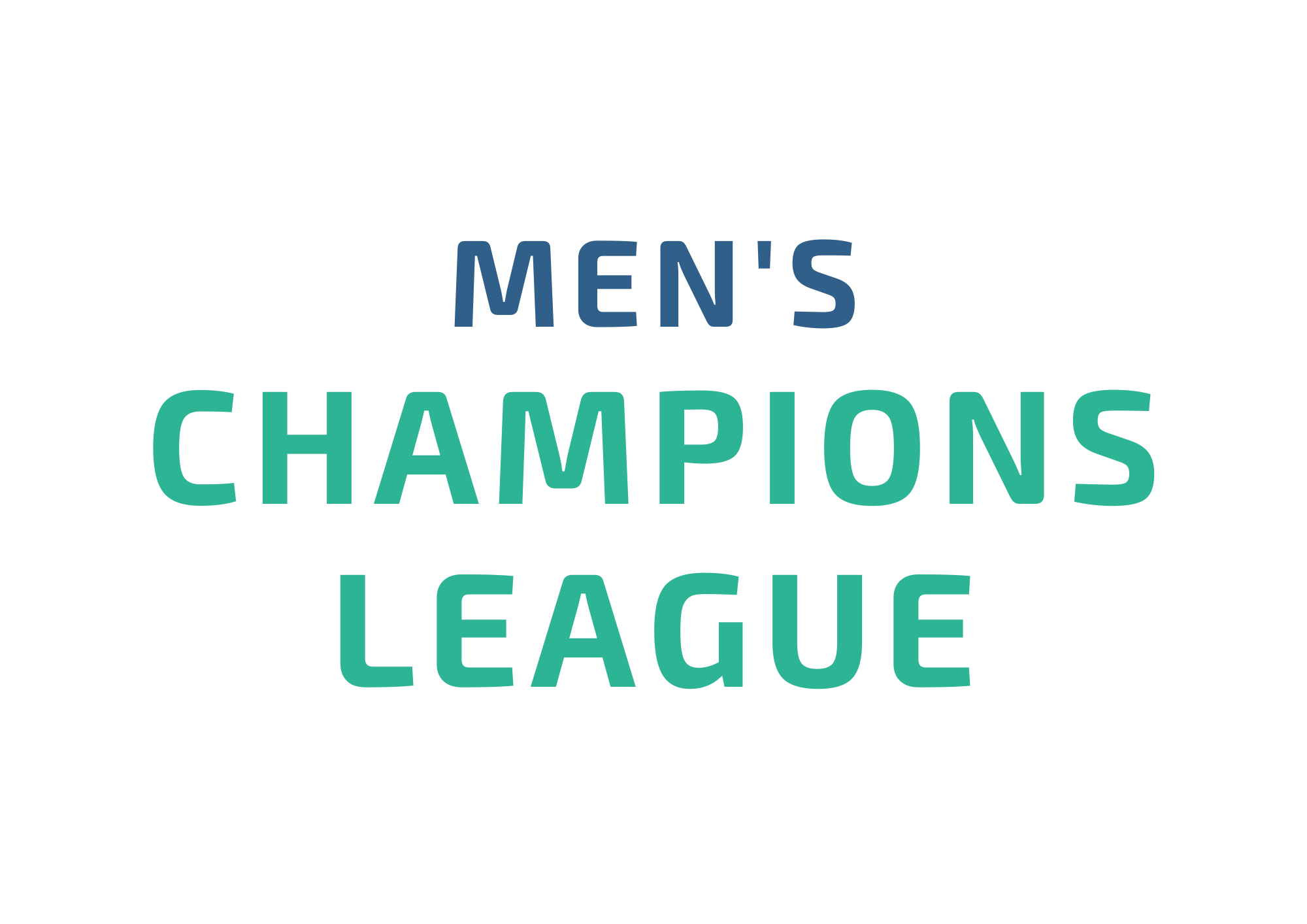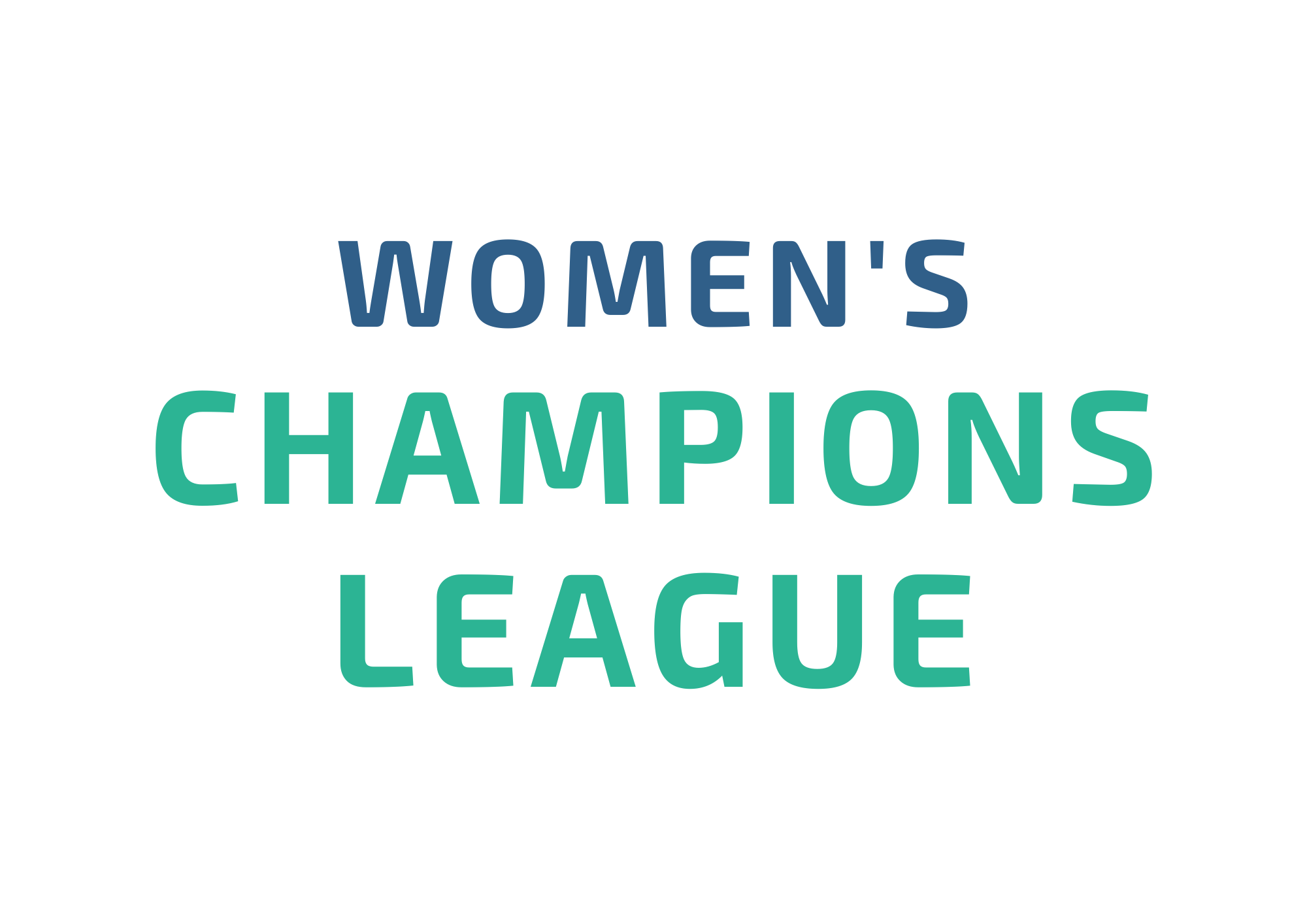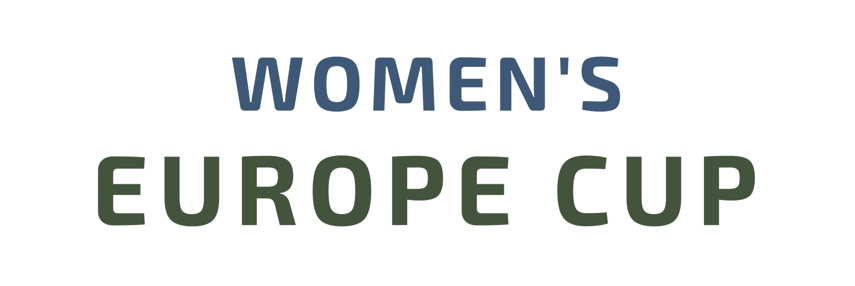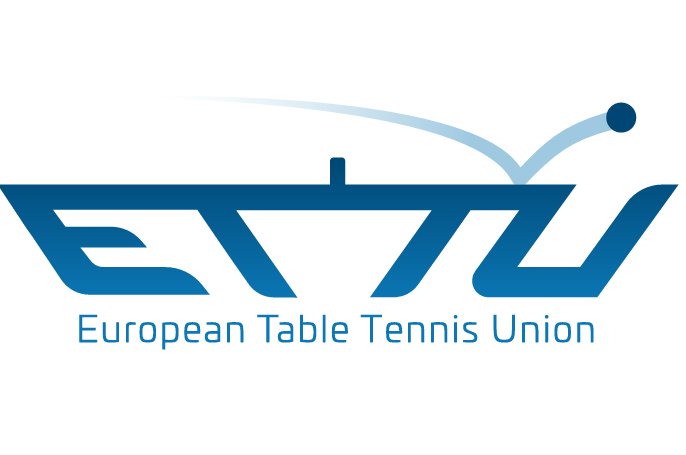The knockout stage of the European Team Championships in Zadar brought a day full of drama, long battles, and emotional moments. Several underdogs who had caused upsets in the group stage entered the Round of 16 determined to challenge Europe’s elite, and they delivered fierce performances that pushed the favourites to their limits.
Portugal – Spain 3–2
In a clash of epic proportions lasting over three and a half hours, Portugal secured their place in the quarter-finals after a dramatic 3–2 victory over Spain.
Spain’s youthful lineup, Juan PÉREZ (23), Daniel BERZOSA (19), and Miguel PANTOJA (21), pushed Portugal’s experienced trio of João GERALDO (30), Tiago APOLÓNIA (39), and João MONTEIRO (42) to the edge before last Championships’ bronze medallists finally prevailed to reach the Round of 8.
PÉREZ was the standout for Spain, scoring impressive wins over both GERALDO and APOLÓNIA, who made his first appearance at the Championships following recovery from a left knee injury.
“It was a really tough match against a very young and fiery team,” said GERALDO. “We managed to control our emotions very well. Spain played with so much energy and passion, they were big fighters. But we managed to absorb that energy in the right way and finish the match with a victory.”
Reflecting further, GERALDO added:
“It’s very hard to control their spin, everyone struggles with it. But the most important thing was to stay emotionally stable and believe until the end that we would win. PÉREZ was on fire today; he played two great matches. The third match was crucial, João MONTEIRO won 3–0 but was down 10–7 in the first and had another very tight set. That win gave us a big push. Then Tiago and I beat BERZOSA, who’s also a talented young player coming up. I’m sure he will be one of the best one day. But today, Tiago and I relied on our experience and qualities, and we proved that it still counts.”
GERALDO also praised the emerging generation of players:
“Many countries now have strong young players, and Portugal as well. We have Tiago ABIODUN, who’s already shown he can compete at senior level. The level of the new generation is really high, there are many more young players than in my time, or even in the generations of Tiago, Marcos, and MONTEIRO. It’s exciting to see who will become the best in the future. Meanwhile, I’ll keep fighting to stay among the best too.”
Speaking about APOLÓNIA’s recovery, he added:
“Tiago is improving day by day. Playing today was an important step, he’s getting better and better.”

Slovenia – Moldova 3–1
Slovenia’s trio of Deni KOZUL, Darko JORGIC, and Bojan TOKIC secured a solid 3–1 victory over Moldova’s Vladislav URSU, Andrei PUTUNTICA, and Denis TERNA, booking their place in the quarter-finals.
After Moldova had previously stunned Austria and nearly defeated Croatia in the group stage, Slovenia approached the match with caution.
“I think they could have even finished first in their group,” explained JORGIC. “Their match against Croatia was 50–50. We watched it in the hall and knew they weren’t an easy opponent. We were prepared from the start to the end for a tough fight, and that’s exactly what happened.”
URSU continued his strong form, defeating KOZUL in the opening match.
“URSU is playing really well. He already played in the Olympic qualification last year and has improved a lot,” said JORGIC.
“Deni didn’t find his rhythm, and URSU was dominant. The first game could have gone either way, but in the end, we managed to turn the match around.”
JORGIC then led by example, winning both of his matches, against PUTUNTICA and URSU, while TOKIC’s experience sealed the team’s victory.
“I started my match a bit under stress, it’s difficult to play when you’re 0–1 down and the team expects you to win,” admitted JORGIC.“But in the end, Bojan was fantastic. His experience made the difference. He showed exactly why we needed him here.”
This result marks Slovenia’s return to the top eight and proves they are on the good way to repeat their memorable run in 2017, when they last reached the medal podium.
“It’s a great result for us, honestly, we didn’t expect it, but everything is possible,” said JORGIC.
“We’ll keep fighting and look forward to facing Portugal or Spain next. Hopefully, we can deliver another strong performance and maybe celebrate a medal again like in 2017.”

France – Slovakia 3–0
France’s team of Alexis LEBRUN, Félix LEBRUN, and Simon GAZY advanced to the quarter-finals after a convincing 3–0 victory over Slovakia’s Yang WANG, Alexander VALUCH, and Jakub ZELINKA.
The French trio, one of the tournament favourites, handled the challenge with efficiency, securing a straightforward path into the last eight.
“Everything’s going well so far, we’re very happy to be in the quarter-finals and can’t wait for the competition to continue,” said Félix LEBRUN.
“At 1–0 and 3–0 up against VALUCH, I kind of switched off a bit, and he quickly came back to 4–3. I didn’t necessarily play my best at that point, he raised his level compared to the earlier games, so the match evened out a little.
But so far in this tournament, I’ve managed to win all my matches even when that happens, so it’s not a big issue. The important thing is to get the win, though I hope I’ll have fewer dips in my level of play as we move forward.
Here at the European Championships, the goal is to build momentum, to find your rhythm, stay focused on every point, and, little by little, make fewer mistakes. If you can avoid them altogether, that’s even better.”

Germany – Denmark 3-0
Germany’s Benedikt DUDA, Patrick FRANZISKA and Dang QIU justified their status by overcaming Denmark’s Jonathan GROTH, Anders LIND and Martin ANDERSEN.
Right from the opening game between Benedikt DUDA and Jonathan GROTH, the match was spectacular. Duda saved four game points against the Dane before finally taking the opener 15–13. Although the world No. 8 started the second game with a quick 4–0 lead, he couldn’t hold it. What followed was a thrilling encounter in which GROTH kept raising his level and producing spectacular points. In the decisive fifth game, however, DUDA showed exactly why he is among the world’s top ten. In the closing phase, the Benedikt produced his best table tennis, stringing together five consecutive points to win 11–6 and give Germany a 1–0 lead.
Up 8–1 in the second game, Patrick FRANZISKA seemed headed for a straightforward win against world No. 21 Anders LIND. Known for his unorthodox playing style, Lind fought back strongly, saving five game points before the German finally closed out the second game to lead 2–0.
“Things happen so fast in our sport,” said FRANZISKA. “I made a couple of easy mistakes, he hit a few good shots, suddenly it’s tight again. The key is to stay mentally clear and embrace the fight, even when it looked easy at first and then suddenly goes to deuce.”
FRANZISKA stayed mentally sharp in the third as well. LIND led 7–3 but failed to convert any of his four game points, while FRANZISKA remained composed and clinched victory on his first match point for a 3–0 win.
National coach Jörg ROSSKOPF praised his team’s performance:
“That was an excellent performance. We knew Denmark, with Anders LIND and Jonathan GROTH, would be a tough opponent and that we needed to take two points against those two. Sometimes that can be tricky. But Benne did a great job in the opening match, and Franz followed up immediately. Winning the first match is always important, but we also knew we’d have to get the points eventually. Franz played very well too, especially on the return.”
Benedikt DUDA reflected on the importance of the team’s strong start:
“That was definitely a statement, but we also know how close the match actually was. I think my match at the start was important, and Franz handled it really well against Anders LIND, winning two tight games. A 3–0 result sounds great, but it could easily go the other way if you lose that first match.”
Looking ahead, DUDA acknowledged the challenges to come:
“Now we’re only facing the big names. In Malmö two years ago, we only just beat Croatia. They’re real hot-blooded competitors, I think PUCAR hasn’t lost a single match here yet; he’s very consistent. When the Croatians come, we’ll be ready. The team spirit is excellent – everyone is right there on the bench, fully involved. That’s impressive; no other team does it quite like that. Now we’ll recover a bit and be ready for tomorrow.”

Belgium – Türkiye 3–0
Belgium’s trio of Adrien RASSENFOSSE, Cédric NUYTINCK, and Martin ALLEGRO booked their place in the quarter-finals with a 3–0 victory over Türkiye’s Abdullah YIGENLER, Ibrahim GUNDUZ, and Ugurcan DURSUN.
RASSENFOSSE gave Belgium a dream start with a 3–0 win over YIGENLER, but the momentum shifted when GUNDUZ pushed NUYTINCK to the full distance in a tense five-game battle.
“The last time I played against YIGENLER, I really struggled — and I lost,” explained RASSENFOSSE.
“So I told myself that this time I had to take revenge. The match may look one-sided, but it was actually very tough. If I had lost, the entire tie could have developed differently.”
Cédric NUYTINCK was tested severely by GUNDUZ, but handled the mental challenge well.
“It was a 3–2 match against GUNDUZ, but it was more about the mental part of the game,” said RASSENFOSSE about his teammate.
“There were some discussions about the service, whether it was legal or not, but in the end, Cédric managed to refocus and win the fifth set.”
In the quarter-finals, Belgium will face France.
“France is one of the top seeds — in my opinion, probably the best team here,” said RASSENFOSSE. “It’s a tough draw for us, but I believe we have a chance if everything goes our way. Of course, we’ll leave everything on the table and fight for a medal.”

Croatia – Greece 3–2
In front of an ecstatic home crowd, Croatia’s trio of Tomislav PUCAR, Andrej GAĆINA, and Ivor BAN edged Greece’s Georgios STAMATOUROS, Panagiotis GIONIS, and Konstantinos KONSTANTINOPOULOS in a dramatic 3–2 encounter at the European Team Championships in Zadar.
Croatia withstood a spirited Greek comeback after leading 2–0, as Greece fought back to level at 2–2. In the decisive match, GAĆINA sealed victory by defeating STAMATOUROS, sending the hosts into the quarter-finals.
Coach Neven KARKOVIĆ:“It’s not easy to recover after leading 2–0 and, following two tough matches before this one, to find yourself in a situation where you’re practically pulling the chestnuts out of the fire.
I should also explain our lineup decision. We chose Ivor BAN as the third player because I was specifically counting on facing Sgouropoulos. Had I known that Konstantinopoulos, who is left-handed, would play instead, I would have fielded Zeljko.
In the quarter-finals we’ll face Germany, and this is actually the first time we’ll go into a match a bit more relaxed, without the pressure of having to win at all costs.”
Andrej GAĆINA:“I heard my son’s voice from the stands — he shouted, ‘Come on, Dad!’ (laughs). That was my youngest one, Marin. It’s not the first time he’s done that. He always seems to wait until the hall goes quiet, and then he fires away.
When we went 2–0 up, I expected that Ivor could finish it, that we’d calmly and quickly close it out. I can’t blame Ivor, nor Tomi in the match that followed. The Greeks played well. That’s sport — you lead 2–0, it becomes 2–2, and then you have to fight hard for that victory. You have to! No one will just hand it to you.
This is the sweetest kind of win, but also the most exhausting one. I think this victory over Greece, and the quarter-final that follows, is the best and most beautiful invitation possible to our fans, to come to Višnjik in great numbers, to support us, and to create a fantastic atmosphere.”

Serbia – Romania 0–3
Romania’s trio of Iulian CHIRIȚA, Eduard IONESCU, and Ovidiu IONESCU proved too strong for Serbia’s Dimitrije LEVAJAC, Zsolt PETŐ, and Nemanja ĐILAS, securing a 3–0 victory and a place in the quarter-finals of the European Team Championships in Zadar.
Eduard IONESCU: “It might have looked easy from the outside, but it really wasn’t. It was a tough match, all the matches here are tough, there’s always a lot of pressure. Every team wants to go further, so it’s never easy. But I’m very happy with how we played, with my teammates, and with our team spirit. Now we’ll focus on preparing for tomorrow’s match.”

Sweden – Poland 3–1
Sweden’s men’s team advanced to the quarter-finals with a 3–1 victory over Poland. The Swedish side, Anton KÄLLBERG, Kristian KARLSSON, and Mattias FALCK, overcoming a determined Polish team of Marek BADOWSKI, Miłosz REDZIMSKI, and Maciej KUBIK.
KÄLLBERG gave Sweden the perfect start, dominating BADOWSKI in straight games. KARLSSON followed with a 3–1 victory over REDZIMSKI to extend the lead. KUBIK briefly revived Polish hopes by defeating FALCK in a tight four-game duel, but KÄLLBERG sealed the tie for Sweden with another strong performance, beating REDZIMSKI 3–1.




































